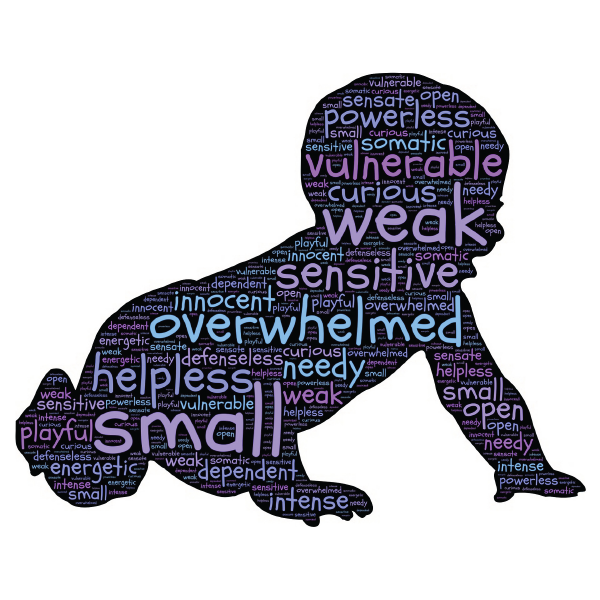Montessori Method is an approach to education which emphasizes individuality and independence in learning; children are seen as inherently curious and learning driven.


Montessori Method is an approach to education which emphasizes individuality and independence in learning; children are seen as inherently curious and learning driven.

Summary: Attachment theory emphasizes the importance of a secure and trusting mother-infant bond on development and well-being. Originator and key contributors: John Bowlby (1907-1990) British child psychiatrist and psychoanalyst, known for his theory on attachment Mary Ainsworth (1913-1999), American psychoanalyst known for the `strange situation` Keywords: maternal deprivation, internal working model, strange situation, attachment styles

Summary: There exist five kinds of understanding (or cognitive tools) that individuals usually master in a particular order during the course of their development; these have important educational implications. Originator: Kieran Egan, a Professor at Simon Fraser University, proposed his theory of cognitive tools as part of a sustained program of writing and research on […]

Summary: Mahler describes a series of stages occurring within the first three years of life aimed at the developmental goal of Separation and Individuation. Originator: Margaret Mahler (1897-1985), a Hungarian-born American psychiatrist Keywords: Separation-Individuation, Ego psychology, Developmental stages, Object constancy, Mother-infant interactions

A model of human psyche, transitioning from a paranoid-schizoid to a depressive position, while emphasizing the critical role of parental care during infancy.

Theory of Mind, Empathy, Mindblindness Summary: Theory of mind refers to the ability to perceive the unique perspective of others and its influence on their behavior – that is, other people have unique thoughts, plans, and points of view that are different than yours. Originators and key contributors: Jean Piaget (1896- 1980), a Swiss psychologist, […]

An eight stage theory of identity and psychosocial development. Erik Erikson, a German psychoanalyst heavily influenced by Sigmund Freud, explored three aspects of identity: the ego identity (self), personal identity (the personal idiosyncrasies that distinguish a person from another, social/cultural identity (the collection of social roles a person might play)[1]. Contents Contributors Key Concepts Resources […]